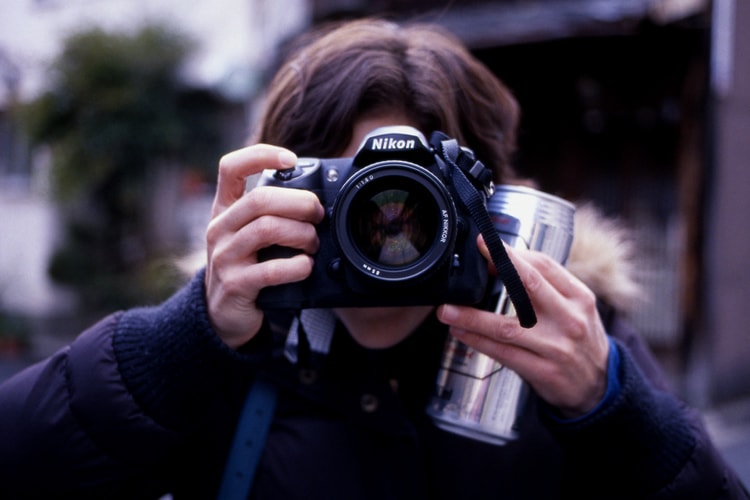Are There Too Many Professional Photographers?
Since the advent of digital technology, photography has become more and more accessible. There are a huge range of digital cameras available – from compact through to bridge cameras and all the way up to DSLRs (which themselves have consumer, prosumer and pro levels).
DSLR cameras start from around $400 (£250), meaning that a decent camera with professional functions is no longer out of the realms of possibility. In many ways, this is a great thing as it has allowed more people to get great enjoyment out of taking photos. But the downside is that there’s been a rise in the number of people who think they can call themselves a professional photographer, just because they own a DSLR.

photo by Jim Fischer
You know, Weekend warriors (as we in the trade tend to call them) tend to see taking photos as a nice little sideline and will charge a pittance accordingly.
Can Anyone Be A Photographer?
The term ‘professional’ is bandied around far too loosely in the photography trade. When someone says they are a professional, a client has the right to expect expertise, quality of service and a duty of care.
But the problem with photography is that, from the outside, it seems a very attractive career. And nowadays, with images being instantly viewable and producible, as well as the aforementioned affordability of DSLRS, there is a certain belief that anyone can be a photographer.
There’s a tendency to use the term ‘professional’ to actually cover up work that is somewhat substandard.
The frustrating thing is that, whilst it’s possible to pick up the technical basics of photography in a relatively short time, there is undoubtedly no quick fix in learning all the myriad of aspects needed to become a true ‘professional photographer’.
Not that you would necessarily know this from the number of courses and schemes run that promise to ‘make you a photographer in a weekend’ and their ilk. Photography now seems to be one of those bizarre abnormalities whereby training and skill seems to be a secondary concern. But why should it be so? I can’t think of many other creative professions where this would happen – for instance, I doubt I would have been asked to write this article if I could barely string a sentence together!
Higher Education
In addition, there are even problems within the Higher Education system. So many degree courses focus almost exclusively on how photography is an ‘art’, rather than providing students with any of the skills or business practice needed to make a viable career. They seem almost detached from any reality of professional practice. And this produces year after year of students who have no idea how to actually survive in the business.
Market Saturation
What is all this getting at, you may wonder? Well, I believe that there are far too many people who call themselves photographers, but in fact there are very few who are actually ‘professional’ photographers.
Yes, the market is saturated with those offering shoots for various ridiculously low sums, but these people have no idea how to actually offer a professional service. They have no idea of the amount of time and effort that goes into producing high quality imagery, or the amount of investment that we professionals make into equipment on a year-to-year basis.
They don’t know about marketing, keeping accounts or making sure that they’re correctly registered as self-employed. Whether this is through poor teaching, or because they’re merely one of the aforementioned ‘weekend warriors’ the net result is the same. They do the profession damage and make it harder for those of us who pour our heart and soul into our work to make a living of any kind.
Conclusion
So, in answer to the question that this article posed the answer is most equivocally no. No, there aren’t enough professional photographers.
Those of us that have spent years training in the craft are a surprisingly small minority. The profession is increasingly saturated by those who think that a DSLR and a decent lens makes them a photographer. Fortunately, most clients quickly realize that these people can’t do the same job as a true professional and come back to their original photographer. But in the meantime, many pros struggle to survive against this seemingly relentless tide.
Please feel free to share your thoughts and experiences via Twitter or Facebook!
